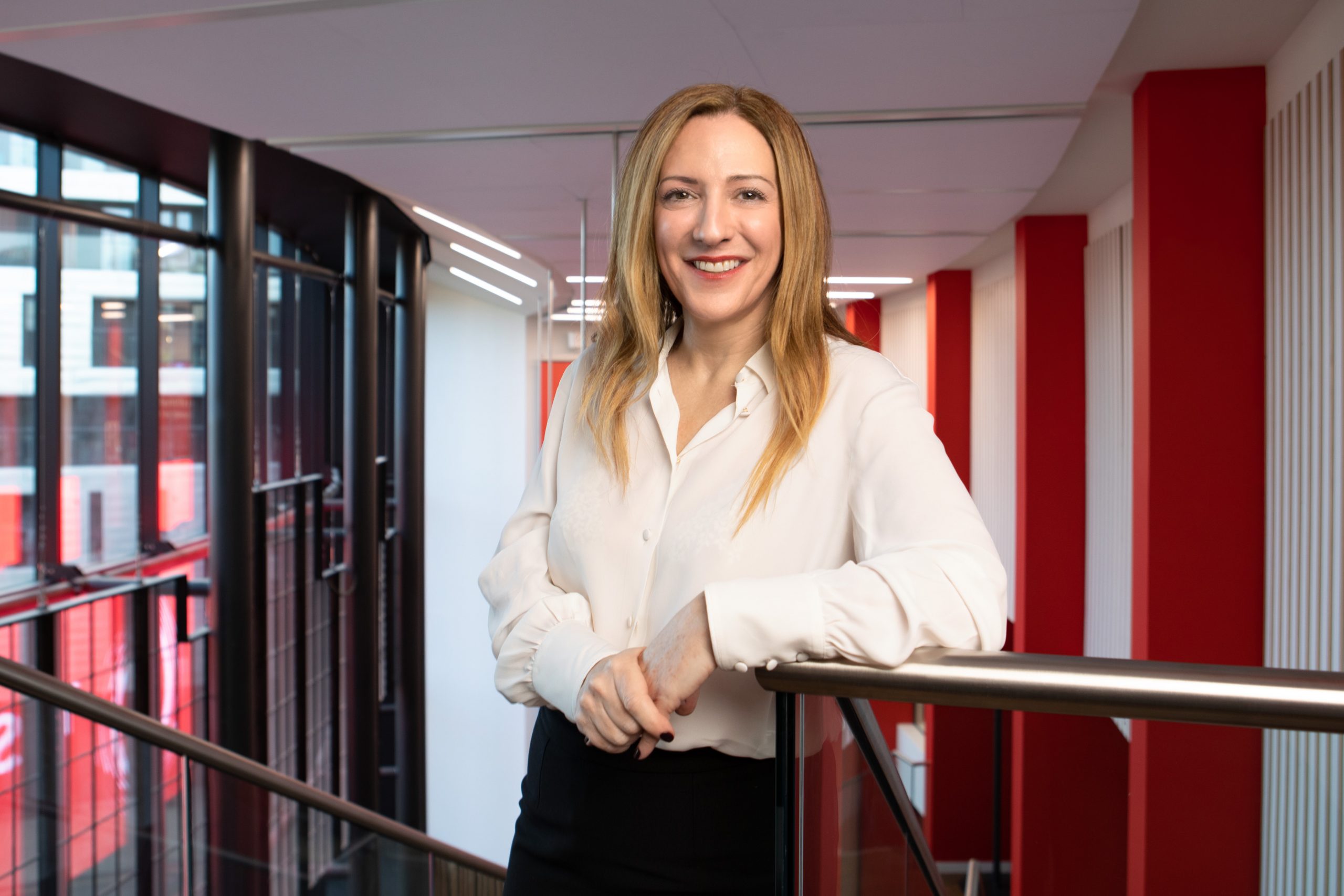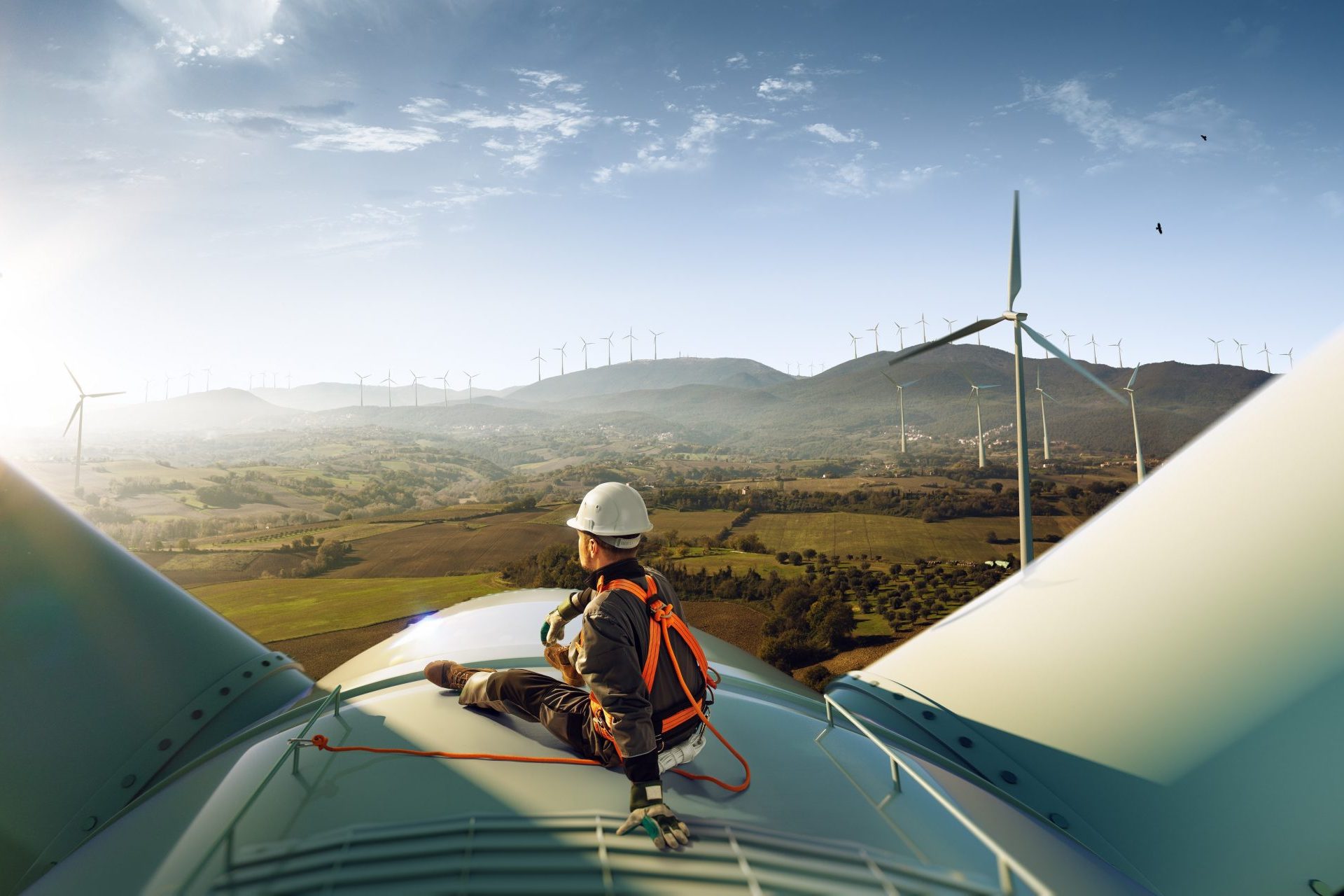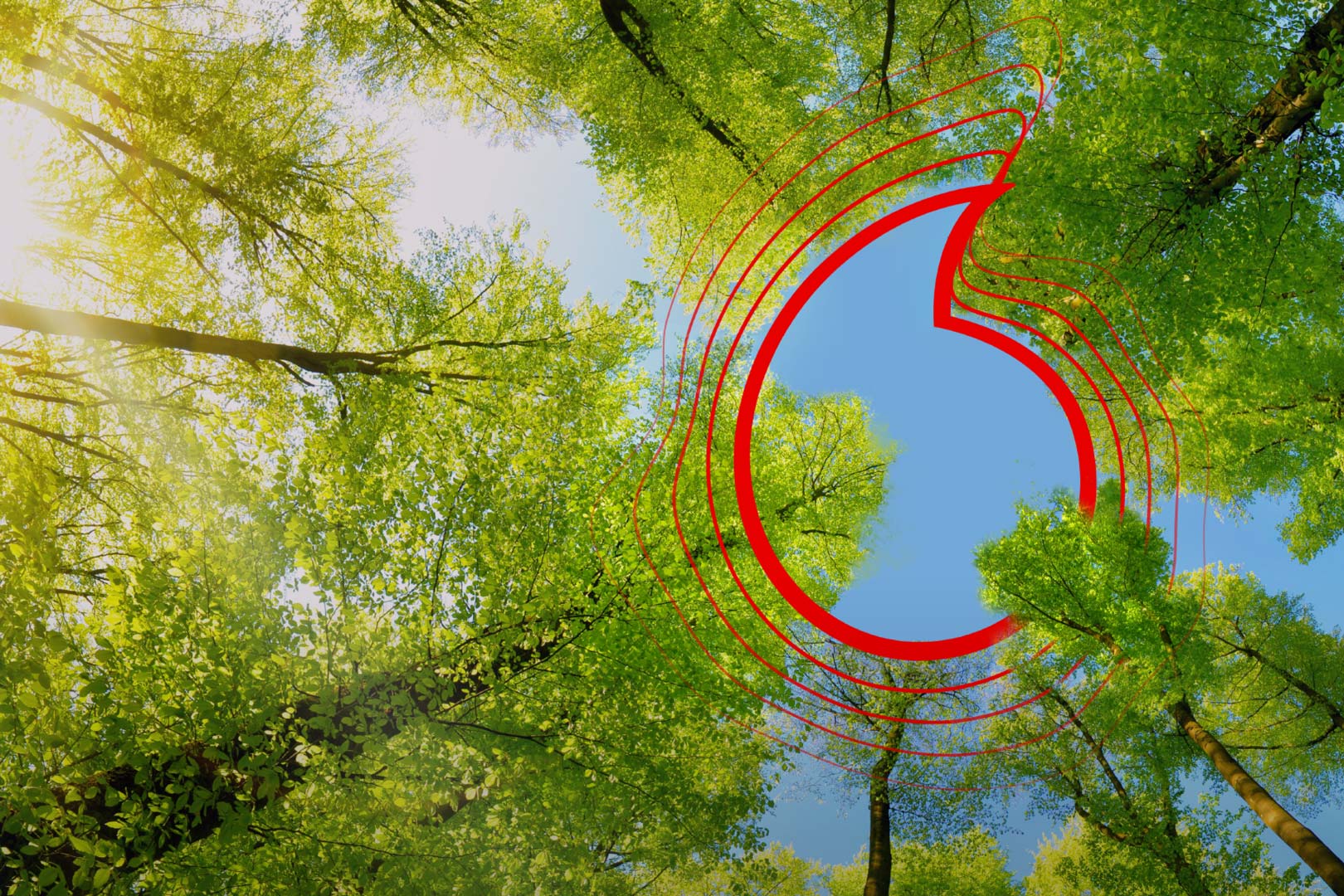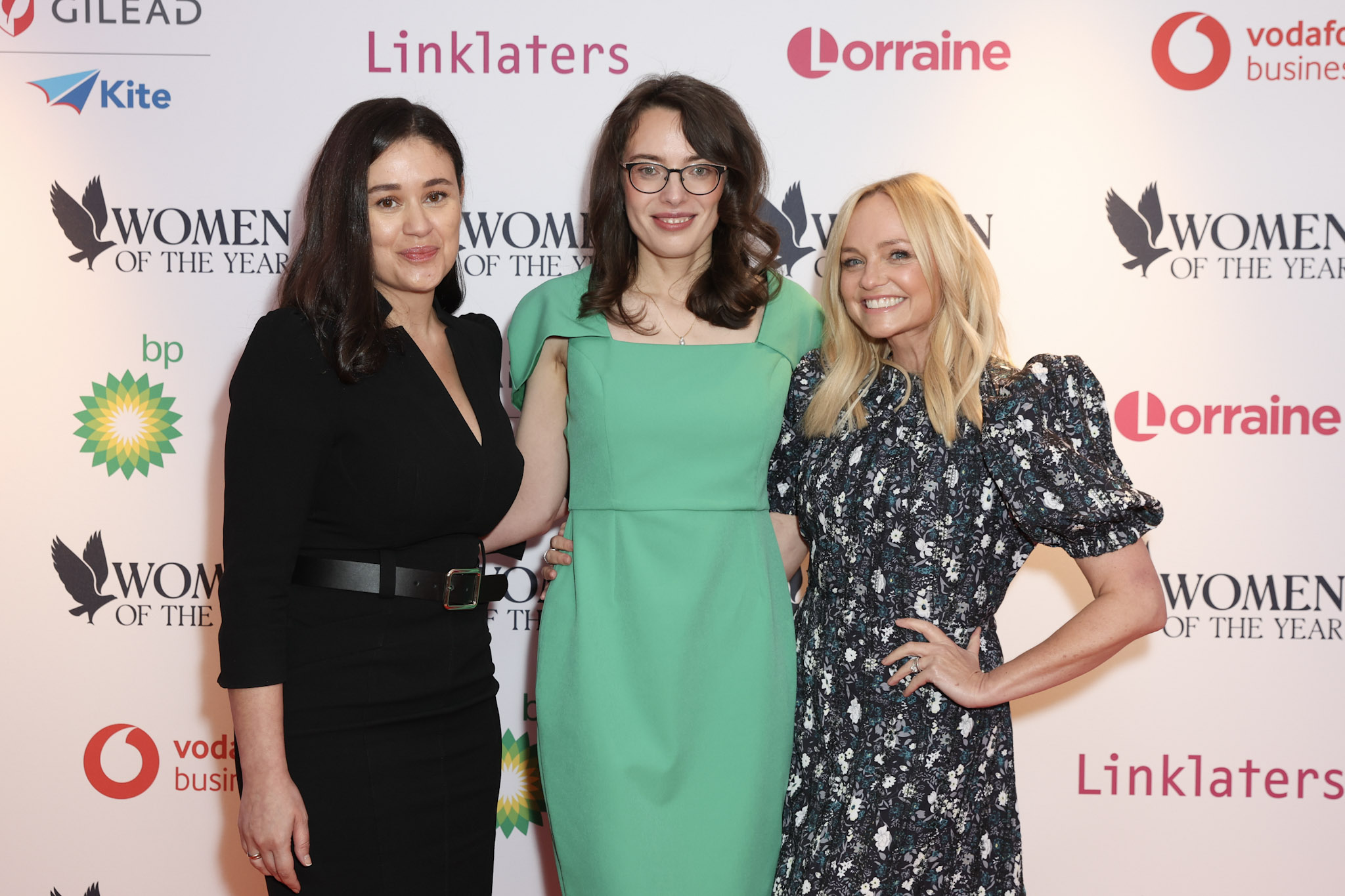What role can technology play in tackling climate change, the Institute of Public Policy Research asked at a recent webinar. Vodafone UK’s Chief Technology Officer Scott Petty was on hand to give some answers.
The Internet of Things (IoT) will prove crucial in combating global warming, Scott told the webinar panel, which included Government “net zero business champion”, Andrew Griffiths MP.
More than a third of Vodafone’s 100 million IoT connections help its customers reduce their carbon emissions, Scott explained, through the use of energy management systems, for example.
Prad Pandit, Director of Sustainability and Energy Services at maintenance giant Mitie – a Vodafone partner – described how Mitie’s 77,000 staff can manage non-residential buildings like offices, hospitals, schools and airports, more efficiently by using IoT sensors to detect faults and energy wastage.
“It’s a low cost, non-intrusive way to reduce carbon impact and it has a positive impact on the business bottom line. It’s a huge opportunity,” said Mr Pandit.
Water leakage detection is another example of IoT helping companies become more sustainable. A range of sensors transmitting data across a Narrowband IoT network has helped SES Water to detect and prevent leaks across its South East England network.
With the UK hosting the annual summit of G7 countries in Cornwall this year – and the Paris Climate Agreement high on the international agenda – Mr Griffiths argued that the UK must be a net-zero “exemplar” for the rest of the world.
Scott confirmed that Vodafone Group was on track to meet its own net-zero target by 2040, 10 years ahead of schedule, and that by July of this year its entire European network would be powered by 100% renewable electricity.
How had Vodafone achieved this, asked IPPR’s panel chair, Luke Murphy.
“Put energy consumption on the balance sheet just like Operational and Capital Expenditure, with clear accountability. Then use smart technology to empower employees to meet those goals,” Scott advised.
Caterina Brandmayr, from independent think-tank Green Alliance, reminded the panel that, despite the progress made, many businesses still needed all the help they could get as they recovered from the huge economic impact of COVID-19.
“Strengthening individual digital skills and capabilities will be just as important to a green economy,” she said.
Reversing 2,000 years of reliance on fossil fuels in just a few decades presented a huge challenge, Andrew Griffiths admitted, but he remained upbeat thanks to technology’s potential to help us overcome it.
Follow @VodafoneUKNews on Twitter.
Follow Scott Petty on LinkedIn.
![White smartphone with screen from green leaves[Adobe Stock]](https://www.vodafone.co.uk/newscentre/app/uploads/2024/04/White-smartphone-with-screen-from-green-leavesAdobe-Stock.jpg)

![Falling Dripping Water Drop[Adobe Stock] Falling Dripping Water Drop[Adobe Stock]](https://www.vodafone.co.uk/newscentre/app/uploads/2024/04/Falling-Dripping-Water-DropAdobe-Stock.jpg)
![1-happy woman with cleaning agent and phone[Adobe Stock] stock image of a woman using a smartphone while wearing rubber kitchen gloves and holding a spray bottle](https://www.vodafone.co.uk/newscentre/app/uploads/2024/04/1-happy-woman-with-cleaning-agent-and-phoneAdobe-Stock.jpg)

![Young Woman Cooking in the kitchen edited [Adobe Stock] stock image of a woman preparing vegetables in a kitchen](https://www.vodafone.co.uk/newscentre/app/uploads/2023/12/Young-Woman-Cooking-in-the-kitchen-edited-Adobe-Stock.jpg)
![Smart farm, agriculture concept, farmer use data augmented mixed virtual reality integrate artificial intelligence[Adobe Stock]](https://www.vodafone.co.uk/newscentre/app/uploads/2023/12/Smart-farm-agriculture-concept-farmer-use-data-augmented-mixed-virtual-reality-integrate-artificial-intelligenceAdobe-Stock.jpg)


